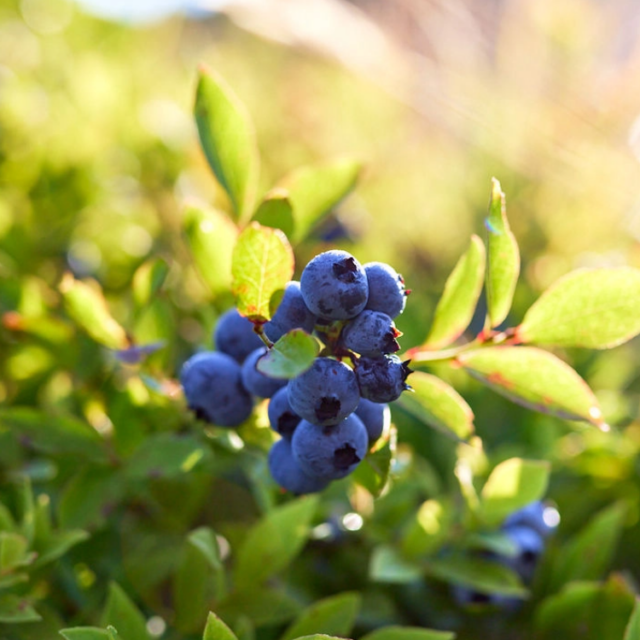Bioactives in blueberries improve insulin sensitivity in obese, insulin-resistant men and women.
This study investigated the effects of supplementation with a cyanidin- and delphinidin-rich extract (CDRE) on the postprandial dysmetabolism, inflammation, and redox and insulin signaling, triggered by the consumption of a high fat meal (HFM) in healthy individuals. Participants (n = 25) consumed a 1026-kcal HFM simultaneously with either the CDRE providing 320.4 mg of anthocyanins (90% cyanidin and delphinidin) or placebo. Diets were randomly assigned in a double blind, placebo-controlled crossover design. Blood was collected prior to (fasted, time 0), and for 5 h after meal consumption; plasma, serum, and peripheral blood mononuclear cells (PBMC) were isolated. AC metabolites were detected in serum as early as 30 min after CDRE consumption. The CDRE mitigated HFM-induced endotoxemia, reducing increases in plasma LPS and LPS-binding protein. The CDRE also reduced other events associated with HFM-triggered postprandial dysmetabolism including: i) plasma glucose and triglyceride increases; ii) TNFα and NOX4 upregulation in PBMC; and iii) JNK1/2 activation in PBMC. The CDRE did not significantly affect HFM-mediated increases in plasma insulin, GLP-1, GLP-2, GIP, and LDL- and HDL-cholesterol, and IKK phosphorylation in PBMC. In summary, dietary AC, i.e. cyanidin and delphinidin, exerted beneficial actions against unhealthy diets by modulating the associated postprandial dysmetabolism, endotoxemia, alterations of glycemia and lipidemia, and redox and insulin signaling.
Read full article
